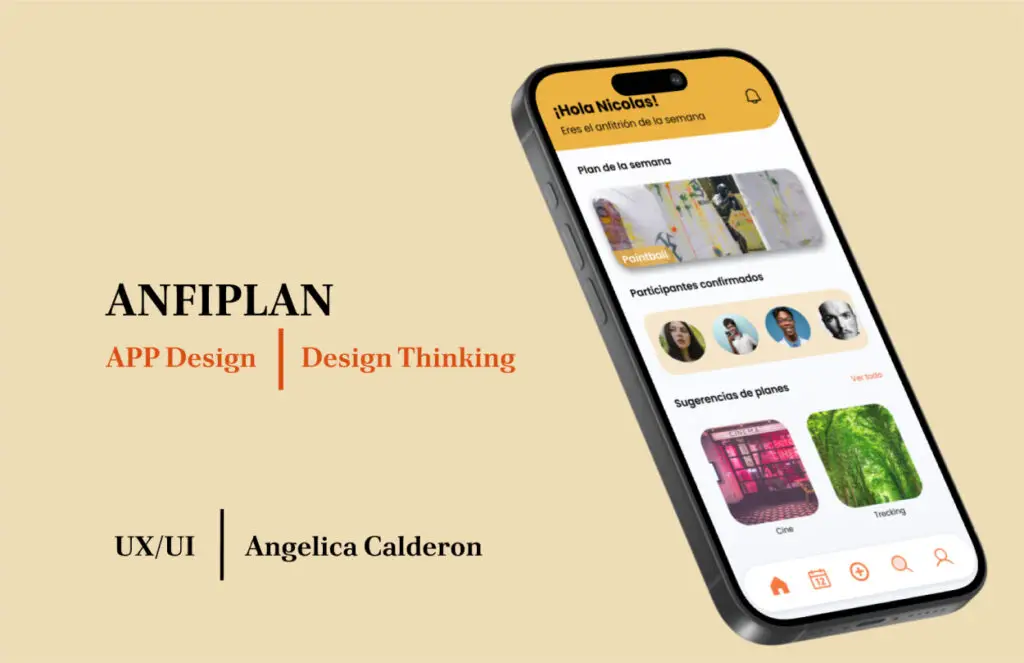
Rol:
UX UI
Tools:
Figma | Whimsical
Skills:
Design Sprint
Challenge:
To create an app that supports design students in their transition to the professional world, helping them build the skills and connections necessary for success in the job market.
Solution: Anfliplan is an app designed to guide design students in their transition into the workplace. The platform offers tools such as job and internship opportunities, interview preparation, and a portfolio feature where users can present their projects in an engaging and professional manner. The aim of Anfliplan is to simplify the job search process and make career preparation more accessible and effective for future designers.
Methodology: Design Sprint To develop Anfliplan in an agile and collaborative way, we used the Design Sprint methodology, a strategy that allowed us to address each phase of the design in a span of five days. This methodology facilitated fast and efficient decision making, ensuring that the final product responded to the real needs of the users.
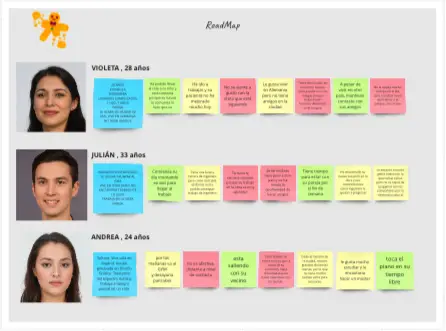
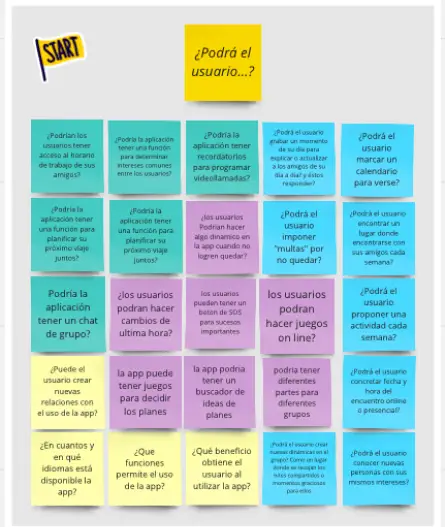
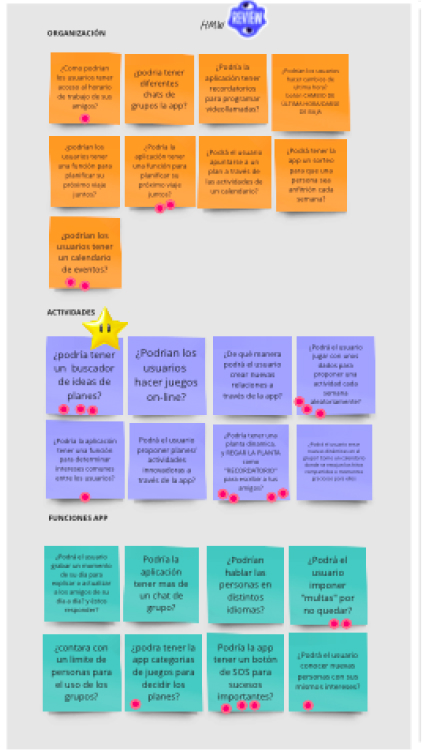
Mapping and Problem Definition: On the first day of the Design Sprint, we focused on identifying the common barriers that design students face as they transition into the world of work. With this information, we established Anfliplan’s core challenge: connecting students to resources and career opportunities in a clear and accessible way.
Ideation: During the ideation phase, we generated multiple concepts to solve the identified problem, prioritising ideas such as:
-A career guidance system to help students build and optimise their portfolio.
-A space for direct connection with mentors and companies interested in emerging talent.
-Resources and guides for interview preparation, CV optimisation and practical skills development.
Decision and Prototyping: We selected the ideas with the greatest potential for impact and built a high-fidelity prototype in which every element, from the user interface to the flow of the app, was designed to be intuitive and effective. The prototype included a professional profile flow, a career opportunities section and mentoring resources.
Real User Testing: In the last phase of the sprint, we conducted usability tests with design students and industry professionals. Feedback allowed us to refine key functionalities, such as the mentoring system and access to opportunities, ensuring that they were practical and motivating for the users.
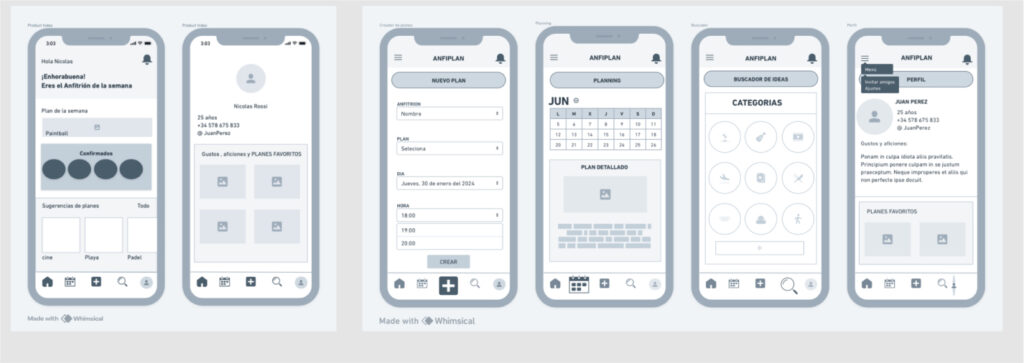
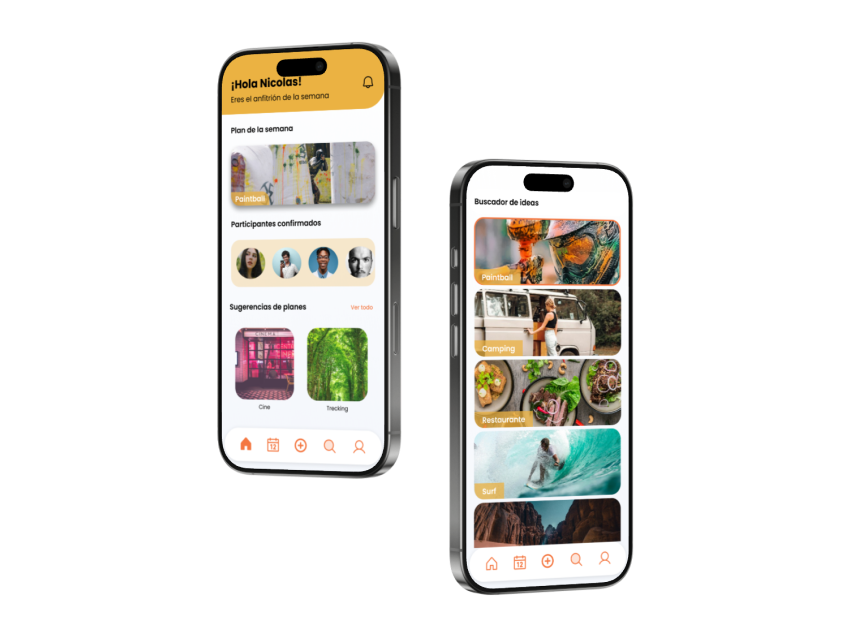
Impact and Learning: Anfliplan was an intensive and highly collaborative project that highlighted the effectiveness of the Design Sprint in developing rapid, user-centred solutions. The experience revealed the value of agile methodology in reducing design time without sacrificing quality, and how a focus on specific needs can facilitate students’ success on their path to the professional world.